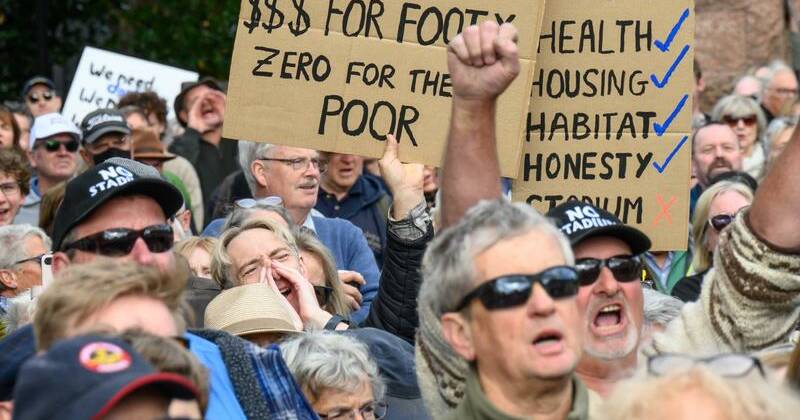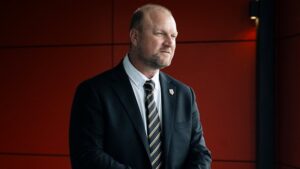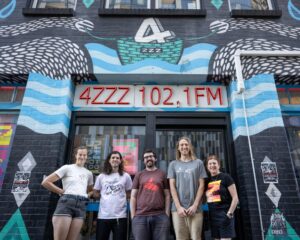
UPDATE: Major rallies are set to take place in Tasmania as supporters and opponents mobilize for a pivotal parliamentary vote on a proposed $1.13 billion waterfront stadium in Hobart. The vote, which could reshape the state’s sporting landscape, is scheduled for early November in the lower house and December in the upper house, where a handful of undecided independents will hold the key to its approval.
The proposed stadium at Macquarie Point is critical for Tasmania’s bid to enter the AFL and AFLW leagues by 2028. While the project has backing from the ruling Liberal government and the Labor opposition, recent opinion polls indicate that it faces considerable resistance from the public.
Opposition group Our Place – Hobart has announced a rally on November 23, directly between the two parliamentary votes. Group spokesman Roland Browne stated, “It’s going to be a major rally and give voice to the anger in the community about how the stadium is going to tip the state’s finances to a more disastrous trajectory.”
Despite expectations that the stadium will pass through the lower house with major party support, the critical upper house vote remains uncertain. Browne emphasizes the importance of Tasmania’s upcoming interim 2025/26 budget, which will be released shortly before the upper house vote. “We’re expecting those critical upper house members to be asking ‘how can we afford this?’,” he said.
In response, proponents of the stadium will hold a rally on November 30, with the ‘Yes AFL team, Yes stadium’ Facebook page urging strong attendance. Previous pro-stadium events in Hobart attracted thousands, with supporters claiming a “silent majority” backs the initiative.
However, critics remain adamant that the stadium is an unnecessary financial burden. Tasmania’s debt is projected to reach $13 billion by 2027/28, leading many to question the viability of such a costly project. Anti-stadium campaigner and author Richard Flanagan highlighted the disparity in costs, stating, “Donald Trump has been criticized at the moment for building a $300 million ballroom. This stadium is already four times the cost of that and the taxpayer is paying for it.”
The state government and the AFL have maintained that the stadium deal is non-negotiable. A report by the state’s independent planning commission earlier this year warned that the stadium’s costs outweighed its benefits and deemed it too large for the designated site. Nonetheless, the government has dismissed these findings as mere opinions, asserting that many advantages of the project are intangible.
As the November votes approach, the stakes are high for both sides. Thousands are expected to join the rallies, with previous protests having attracted notable political figures, including Jacqui Lambie. The outcome of this vote could have lasting implications for Tasmania’s finances and its sporting future.
Stay tuned for more updates as this story develops and the rallies unfold.





